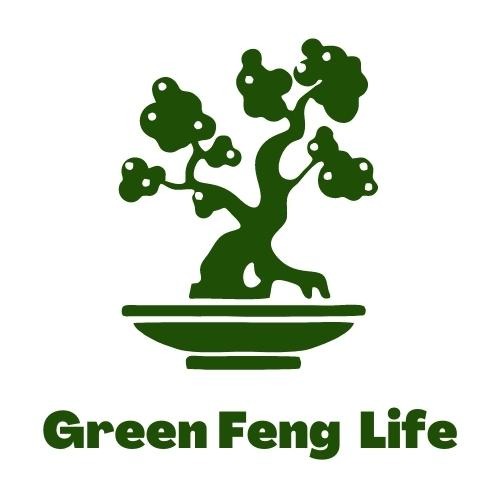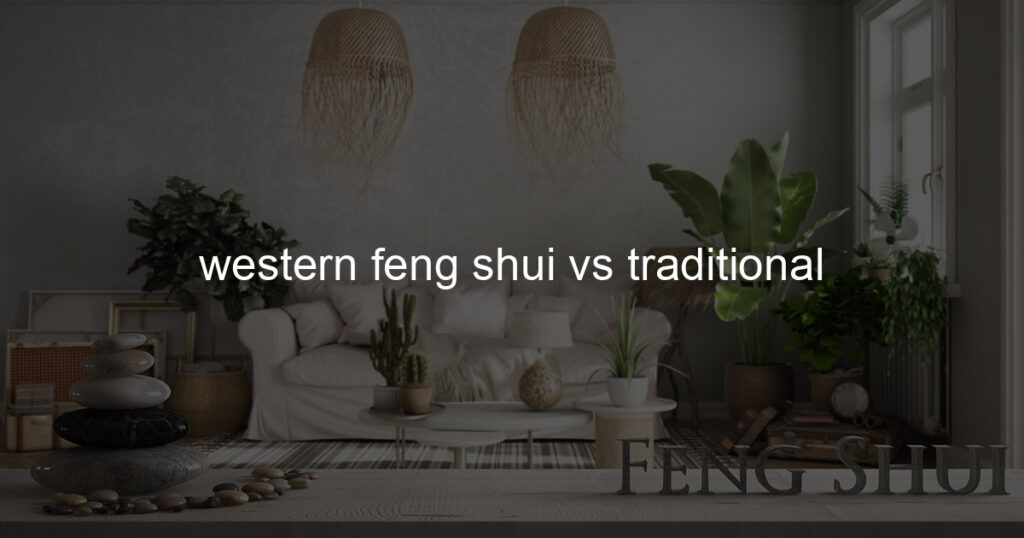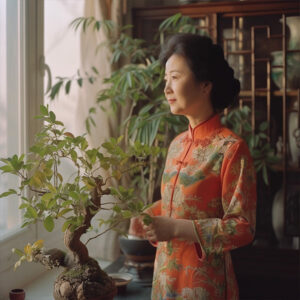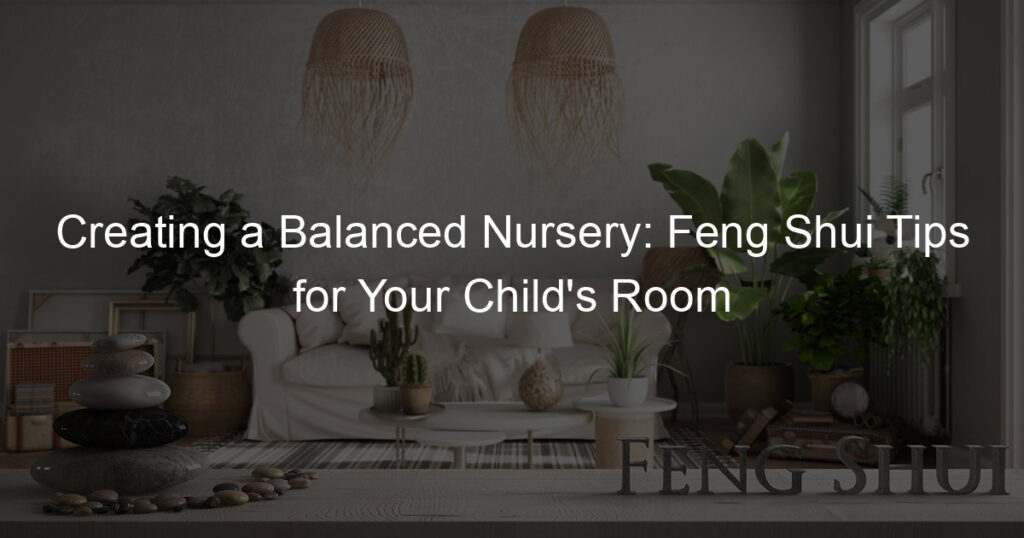Are you considering bringing the ancient art of feng shui into your home, but don’t know where to start? If so, you’ve come to the right place. Today we’ll be exploring the key differences between traditional and Western feng shui and looking at which one is best suited for modern homes. Uncovering essential information such as the five elements, the importance of space-clearing rituals, and much more – our comprehensive guide will empower you with all of your interior design needs!
How is traditional feng shui different from Western feng shui?
It’s no surprise that two different cultures, separated by thousands of miles throughout countless years, would have different ideas about the same concept like feng shui.
Old-school Traditional Chinese Feng Shui is based on the idea that humans live in harmony with nature by scanning their environment and adjusting to it at various intervals to make sure they are in line with the effect of Qi or energy force. Westerners look at feng shui differently, focusing instead on creating a balance between things like color, texture, and lines to achieve a feeling of well-being.
While some things remain similar between both forms of feng shui, such as their belief in attracting positive energies for good luck, it should be noted that traditional feng shui is a much older practice than Western feng shui and thus those looking for a more organic approach should consider going that route.
Is there a Western version of feng shui?
While focusing on energy flow, Feng Shui originated in China many centuries ago and is still used today. Many people in the Western world, however, are increasingly tunning into the idea of Vastu Shastra—an Indian version of feng shui that is tailored more towards modern living.
While Vastu Shastra doesn’t have a direct equivalent in the West, there are Eastern and Western philosophies combined to form a balanced approach to holistic design.
This mixture emphasizes organization and harmony within a space that seeks to create a balance between one’s physical environment, mental well-being, and spiritual life. It could be said that this combination could be considered the Western version of feng shui.
What are the two types of feng shui?
Feng shui is an ancient practice that has been used for centuries to bring balance and harmony into one’s living space. It originates from China, where it was believed that a person’s energy flows like water.
To keep the energy in their environment balanced, Chinese people use two methods – Traditional Feng Shui and Westernized Compass School. Traditional Feng Shui considers the positioning of objects such as furniture, artwork, and plants to maximize energy flow within a room or house.
On the other hand, Westernized Compass School looks at how different areas of a home align with certain directions, which carry a specific kind of energy depending on the direction they face. Both practices can be used together to effectively bring positive vibes and boost luck inside the home.
What is traditional feng shui?
Feng shui is a traditional Chinese practice that has been around since ancient times. It’s based on the idea that certain rules affect human behavior and the paths of life.
According to feng shui, one should strive to create harmony and balance in their environment by arranging physical objects strategically. This can involve placing furniture or doorways in certain ways, selecting light fixtures, and perfecting color schemes.
While it might seem overwhelming, many find feng shui beneficial as people believe one’s home should be an ideal reflection of their innermost self. By practicing these principles one hopes to create an ambiance of ease and security in the home, ultimately leading to a more balanced life.
What is bad traditional feng shui for a house?
Traditional feng shui is an ancient Chinese practice that organizes spaces by the energy of their environments. Bad traditional feng shui for a house could include having a staircase with too many steps leading up to the main door, or locating a bathroom in the center of the home, as this releases bad luck.
Another basic rule of thumb is to avoid a house that is directly facing another building, as this type of obstacle puts blockages in place and obstructs wealth and good fortune from entering the home. Clutter and disorganization are also not favorable when following traditional feng shui principles as these can affect the balance of a residence’s energy.
Which Western feng shui direction is best for wealth?
When it comes to using the principles of feng shui to bring wealth into your life, the direction that matters most is the one according to Western feng shui. Many people believe that having a desk or other items like crystals and accessories facing in a certain direction can help attract wealth.
The best-known corner for this purpose is in the northeast as that is believed to be associated with wealth generation based on symbolic elements. To gain an even better understanding of what this means and how it works, you can work with a qualified professional who can help interpret these details and offer guidance on how to get the most from them.
How do I know if my house is good for traditional feng shui?
Understanding traditional feng shui can be a bit daunting, especially when it comes to evaluating the positive and negative energy of your home. But there are some easy tell-tale signs that you can use to gauge how good the feng shui of your house is.
One way to tell is by paying attention to how you feel when you walk in or around your house. Do you have a feeling of contentment and joy, or are there underlying sensations of discomfort?
Also take note of how much sunlight shines into your home on any given day – too much darkness can create an imbalance, while consistent natural light encourages harmony.
Conclusion
In conclusion, we can see that Western feng shui and traditional feng shui are very different in their approaches to the same basic principles. Western feng shui offers a more user-friendly approach, while traditional feng shui maintains the same existing guidelines handed down through generations of practitioners. Each system has its benefits and drawbacks, but no matter which one you decide to employ in your home, it is important to remember that its goal is to improve your total well-being and bring harmony into your environment.














